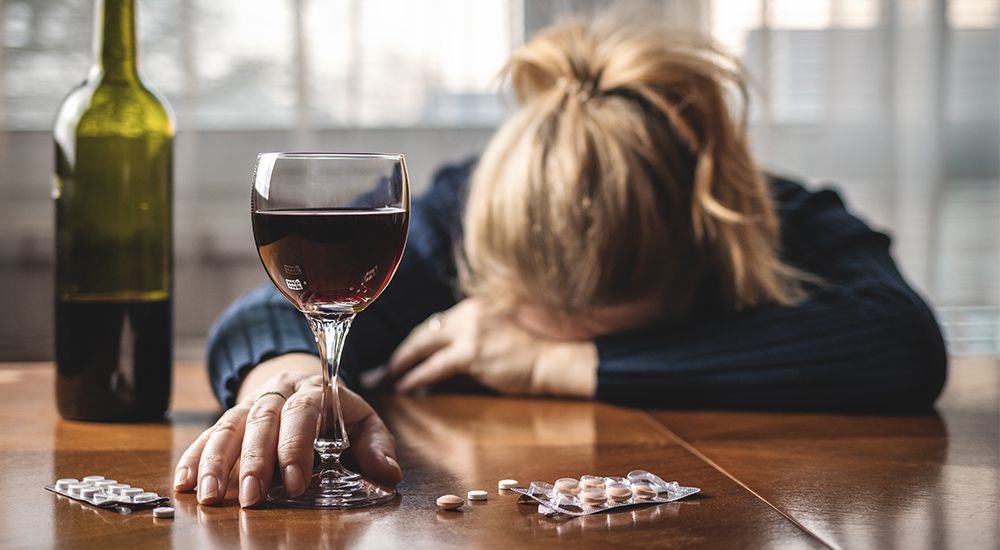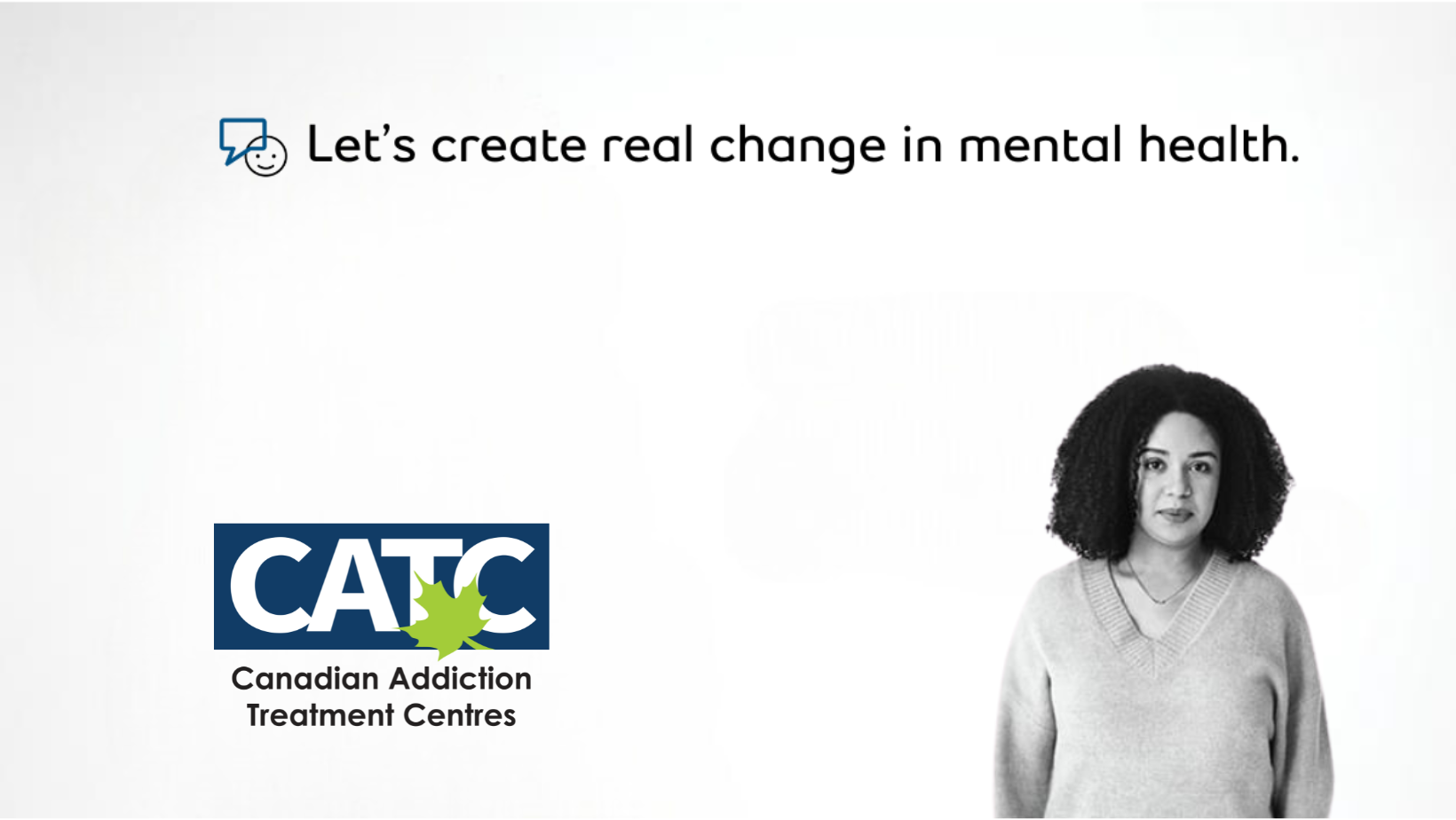
How to Get Sober From Alcohol and Drugs
You have recognized you have a problem and that your addictive behaviour is affecting other parts of your life. Now you want to know how to quit your addiction. Chances are you did not expect to become addicted when you started. You may have thought you were just having fun and could stop at any time.
Many people who experience addiction are surprised at how difficult quitting can be. You may even end up wondering, “Why can’t I quit?”
We know from research why quitting an addiction is so difficult. We also understand the challenges you might face and strategies that can help you succeed and how to get sober.
Understanding Addiction
Addiction affects the frontal cortex of your brain and alters your impulse control and judgement. The brain’s reward centre is also impacted, so that the memory of previous rewards can trigger a craving or increased “hunger” for drugs or alcohol, despite negative consequences.
These changes in your brain can make quitting difficult, but it is important to remember that addictions are treatable. With the right plan and resources, recovery is possible.
The good news is that you can quit, although it’s a complicated process. There are many factors—physical, mental, emotional, and biological—that make quitting difficult. This complexity is why so many people rely on addiction treatment to guide them through the process of achieving and maintaining sobriety.
The First Step
Developing an addiction to drugs and alcohol isn’t a character flaw or a sign of weakness, and it takes more than willpower to overcome the problem. Abusing any drug can create changes in the brain, causing powerful cravings and a compulsion to use that makes sobriety seem like an impossible goal.
For many people struggling with addiction, the toughest step toward recovery is the first one: recognizing that you have a problem and deciding to make a change. It’s normal to feel uncertain about whether you’re ready to start recovery or if you have what it takes to quit. If you’re addicted to a prescription drug, you may be concerned about how you’re going to manage the condition for which the medication was prescribed.
Committing to sobriety involves changing many things, including:
- The way you deal with stress
- Who you allow into your life
- What you do in your free time
- How you think about yourself
It’s also normal to feel conflicted about giving up your drug of choice, even when you know it’s causing problems in your life. Recovery requires time, motivation, and support, but by making a commitment to change, you can overcome your addiction and regain control of your life.
Preparing for Change
Like most major decisions in life, the choice to give up drugs or alcohol requires planning. Some steps you can take include the following:
- Keep track of your drug use, including when and how much you use. This will give you a better sense of the role addiction is playing in your life.
- List the pros and cons of quitting, as well as the costs of continuing your drug use.
- Consider the things that are important to you, such as your partner, your kids, your pets, your career, or your health. How does your drug use affect those things?
- Ask someone you trust about their feelings on your drug use.
- Ask yourself if there is anything preventing you from quitting. What could help you overcome these obstacles?
Addiction Treatment Options
Once you’ve committed to recovery, it’s time to explore your treatment choices. While addiction treatment can vary according to the specific drug, a successful program often includes different elements, such as:
- Detoxification. Usually, the first step is to purge your body of drugs or alcohol and manage withdrawal symptoms.
- Behavioural counselling. Individual, group, and/or family therapy can help you identify the root causes of your drug use, repair your relationships, and learn healthier coping skills.
- Medication may be used to manage withdrawal symptoms, prevent relapse, or treat any co-occurring mental health condition such as depression or anxiety.
- Long-term follow-up can help with relapse prevention. It may include regular in-person support groups or online meetings to help keep your recovery on track.
- Residential addiction treatment involves living at a facility and getting away from work, school, family, friends, and addiction triggers while undergoing intensive treatment. Residential treatment can last from a few days to several months.
- Day treatment/Partial hospitalization is for people who require ongoing medical monitoring but wish to still live at home and have a stable living environment. These treatment programs are usually conducted at a treatment centre during the day; then you return home at night.
- Outpatient treatment can be scheduled around work or school. You receive treatment during the day or evening but don’t stay overnight. The major focus is relapse prevention and sobriety.
- Sober living communities. Living in a sober house is often the next step to an intensive treatment program such as residential addiction treatment. You live with other recovering addicts in a safe, supportive, and drug-free environment. Sober living facilities are useful if you have nowhere to go or if you need more transition time prior to returning home.
Remember that no addiction treatment works for everyone. Every person’s needs are different. Whether you have a problem with illegal substances, prescription drugs, or alcohol, addiction treatment should be customized to your unique situation.
Choosing the Right Addiction Treatment
One of the challenges of modern living is the abundance of choice. There are many addiction treatment options out there – how do you go about choosing one that’s right for you?
Addiction treatment should address more than just your drug abuse
Addiction affects your whole life, including your relationships, career, health, and psychological well-being. Addiction treatment success depends on developing a new way of living and addressing the reasons why you turned to drugs or alcohol in the first place. For example, your drug dependency may have developed from a desire to manage pain or to cope with stress, in which case you’ll need to find a healthier way to relieve pain or to handle stressful situations.
Commitment and follow-through are key
Drug addiction treatment is not a quick and easy process. In general, the longer and more intense the drug use, the longer and more intense the treatment you’ll need. And in all cases, long-term follow-up care is crucial to recovery and sobriety.
There are many places to turn for help
Many people require medically supervised detox, and you should not attempt detox first talking to a doctor. The care you need depends on a variety of factors, including your age, drug-use history, and medical or psychiatric conditions. In addition to doctors and psychologists, many clergy members, social workers, and counsellors offer addiction treatment services.
Seek treatment for any mental health problems simultaneously
As you seek help for drug addiction, it’s also important to get treatment for any other medical or psychological issues you’re experiencing. Your chances of recovery are enhanced if you get combined mental health and addiction treatment from the same treatment provider or team. Your long-term sobriety could depend on it.
Getting Sober
Regardless of what route you take when it comes to addiction treatment, there are some things you can do to make the process easier and more likely to succeed.
-
- Take time to reflect on what is important to you, how addiction has negatively affected you, and how your life will improve with sobriety. The easiest way to reflect effectively is to keep a daily journal.
- Seek professional support from one of the programs identified above.
- Appreciate the benefits of sobriety. Sober living allows you to regain the positive aspects of your life. Recovery will be more successful if you remember to do this.
- Choose addiction treatment that is supported by research and meets your specific needs.
- Identify triggers. A trigger is something that causes a reaction based on experience. With addiction, a trigger can often cause a powerful urge to use again. Triggers include stress, uncontrollable emotions, environmental cues, isolation, and illness.
- Change your environment. When you quit drugs or alcohol but continue with the same routines or habits, the chances of relapsing are much higher. Support your recovery by avoiding people, places, and situations that trigger your urge to use.
- Exercise. This is a great combatant to mental health conditions like addiction. It acts as a distraction and a mood stabilizer.
- Don’t feel guilty. It is natural to feel guilty or shameful for your addiction, past behaviour, or past actions. As you move forward in your recovery, it is important to deal with these emotions by making amends with yourself and others. After we accept the past, we can provide ourselves with the opportunity for change and sobriety in the future.
- Build your support system. Recovery takes time, motivation, and support. It can be challenging but the benefits of seeking help and beginning the journey far outweigh the risks of continued substance use.
Support for Addiction Recovery
Don’t try to go it alone—reach out for support. At 1000 Islands Addictions Treatment Centre, we will provide you with a customized treatment program while helping you strengthen your personal support system. The more people you can turn to for encouragement, guidance, and a listening ear, the better your chances for recovery.
Having the support of friends and family members is an invaluable asset in recovery. If you’re reluctant to turn to your loved ones because you’ve let them down before, our family counseling and support services can help.


